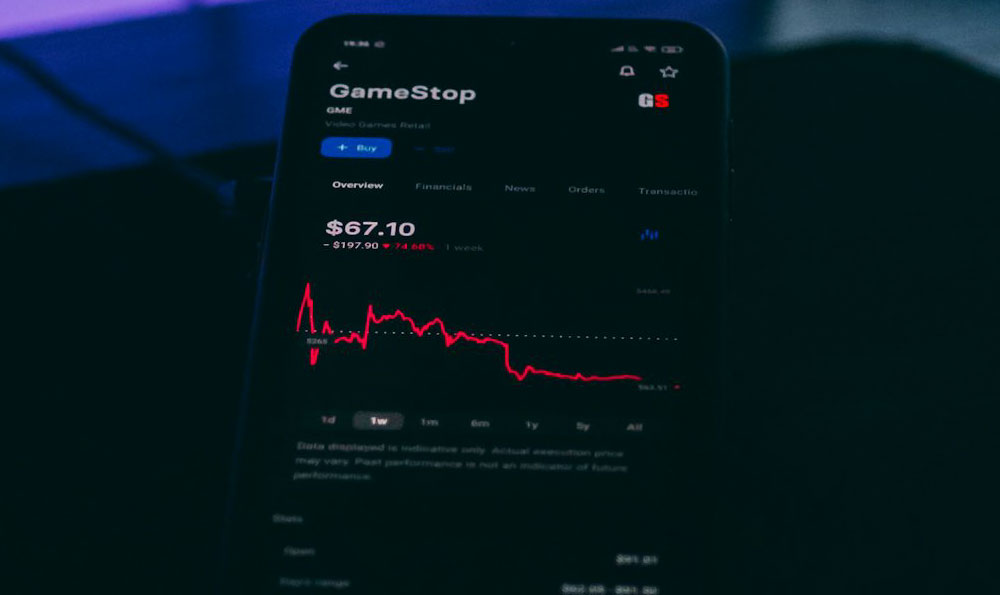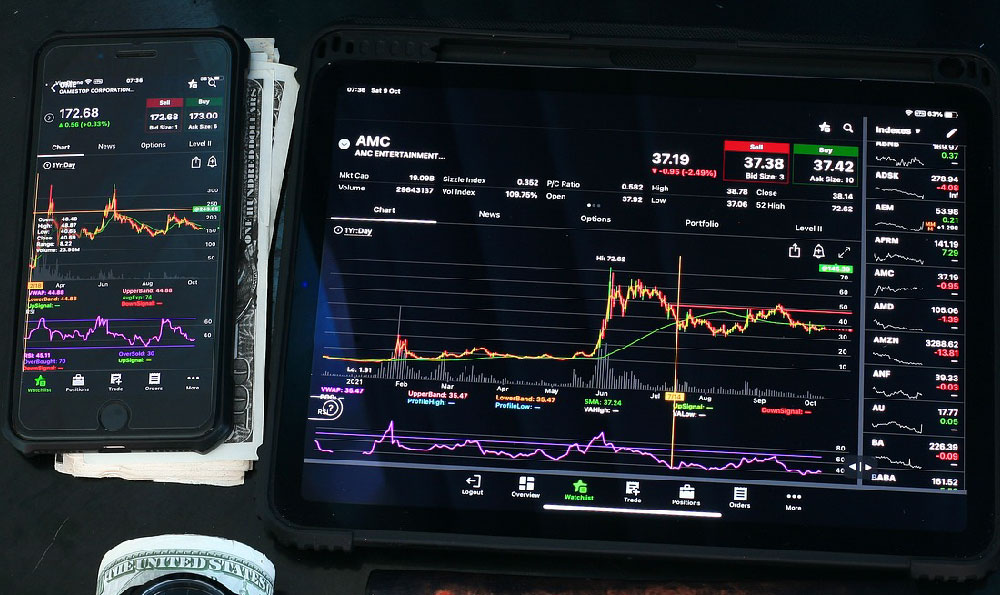Money market mutual funds (MMMFs) are a type of investment vehicle that aims to provide investors with a safe and liquid option for short-term savings. They are often considered a near-cash investment because they invest in very short-term, low-risk debt securities, such as Treasury bills, commercial paper, and certificates of deposit (CDs). Understanding how these funds work and how to invest in them is crucial for individuals looking to optimize their cash management strategies.
MMMFs operate by pooling money from multiple investors to purchase these short-term debt instruments. The fund's net asset value (NAV) per share is typically maintained at a stable $1.00, making them attractive to investors seeking principal preservation. This stability is achieved through careful management of the fund's portfolio, ensuring that the weighted average maturity of the holdings remains very short, usually less than 60 days. This short maturity profile minimizes the fund's exposure to interest rate risk.
The primary objective of MMMFs is to provide current income while maintaining liquidity and a stable NAV. This makes them suitable for investors who need easy access to their funds and are less concerned with high returns. For instance, individuals saving for a down payment on a house, building an emergency fund, or temporarily parking cash before making another investment might find MMMFs a suitable option.

Investing in MMMFs offers several advantages. Liquidity is a key benefit. Investors can typically redeem their shares on any business day and receive their funds promptly, often within one business day. This makes MMMFs much more liquid than other short-term investments like CDs, which may have penalties for early withdrawal.
Another advantage is diversification. By investing in a money market fund, investors gain exposure to a portfolio of short-term debt instruments. This diversification can reduce the risk compared to investing in a single security. The fund manager actively manages the portfolio, selecting securities that meet the fund's investment objectives and risk parameters.
While MMMFs are generally considered low-risk investments, it is important to understand the potential risks involved. One of the most significant is credit risk, which is the risk that an issuer of a debt security may default on its obligations. Money market funds mitigate this risk by investing in high-quality securities with strong credit ratings.
Another risk is interest rate risk. Although MMMFs typically invest in very short-term securities, changes in interest rates can still affect the fund's yield. When interest rates rise, the fund's yield will generally increase as well, but the value of the existing portfolio may decline slightly. Conversely, when interest rates fall, the fund's yield will decrease.
A less common but potential risk is the possibility of "breaking the buck," which means the fund's NAV falls below $1.00 per share. While this is rare, it did happen during the 2008 financial crisis. To prevent this, regulations have been put in place to strengthen the safety and stability of money market funds. These regulations include requirements for funds to hold more liquid assets and to impose fees and redemption gates during periods of market stress.
Investing in MMMFs is generally a straightforward process. Most major brokerage firms, banks, and investment companies offer a variety of money market funds. To begin, you will need to open an account with one of these institutions. Once your account is established, you can select a money market fund that meets your investment objectives and risk tolerance.
When choosing a money market fund, it is important to consider several factors. First, review the fund's prospectus, which provides detailed information about the fund's investment objectives, strategies, risks, and expenses. Pay attention to the fund's expense ratio, which is the annual fee charged to manage the fund. A lower expense ratio is generally preferable, as it means more of your investment returns are passed on to you.
Also, consider the fund's credit quality. Money market funds typically invest in securities with high credit ratings, but it is still important to verify that the fund adheres to a conservative credit policy. You can find information about the fund's credit quality in the prospectus or on the fund's website.
Another factor to consider is the fund's yield. While MMMFs are not designed to provide high returns, it is still important to compare the yields of different funds to ensure you are getting a competitive rate. Keep in mind that yields can fluctuate depending on market conditions.
Different types of money market funds exist, each with its own specific characteristics. Government money market funds invest primarily in securities issued or guaranteed by the U.S. government, such as Treasury bills and agency debt. These funds are generally considered to be among the safest types of money market funds.
Prime money market funds invest in a broader range of short-term debt securities, including commercial paper and certificates of deposit. These funds may offer slightly higher yields than government money market funds, but they also carry slightly more risk.
Tax-exempt money market funds invest in municipal securities, which are debt obligations issued by state and local governments. The interest income from these funds is generally exempt from federal income tax, making them attractive to investors in high tax brackets.
Once you have chosen a money market fund, you can typically invest by writing a check, transferring funds electronically, or using a brokerage account. Most funds have a minimum initial investment requirement, which can range from a few hundred dollars to several thousand dollars.
After you have made your initial investment, you can typically add to your position at any time. Many funds also offer automatic investment plans, which allow you to regularly invest a fixed amount of money.
MMMFs are a valuable tool for managing cash and preserving capital. While they may not offer the highest returns, they provide a safe and liquid option for short-term savings. By understanding the risks and benefits of money market funds and carefully selecting a fund that meets your investment objectives, you can use these funds to optimize your cash management strategy and achieve your financial goals. Remember to stay informed about market conditions and regularly review your investment portfolio to ensure it continues to meet your needs. Consider consulting with a financial advisor to discuss your specific financial situation and receive personalized investment advice.












